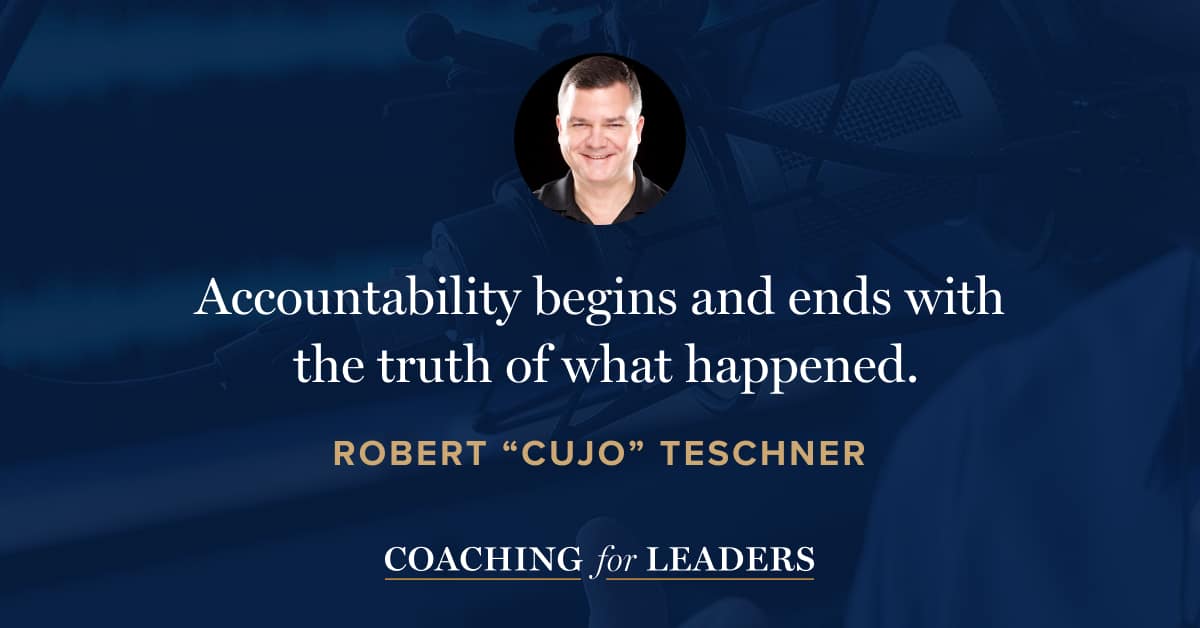Robert “Cujo” Teschner: Debrief to Win
Robert “Cujo” Teschner is a retired F-15 / F-22 fighter pilot. He is also a former F-15 Weapons School Instructor, F-22 Squadron Commander, senior Joint Staff officer, and combat veteran. He holds advanced degrees in Operational Art and Science and National Security Strategy and has extensive experience in tactical planning and execution, and organizational leadership. From 2004 to 2006, he served as the US Air Force’s expert in post-mission debriefing, the methodology used by high-performing military teams to self-correct and improve continuously.
Cujo retired immediately after his promotion to full Colonel due to complications from cancer-related care and started an international business consulting practice based in St. Louis, MO. His company is called VMax Group. VMax Group’s mission is to teach, inspire, and nurture teams on how to really “team”, making work more fulfilling, and making teams much more effective. He is the author of Debrief to Win: How America's Top Guns Practice Accountable Leadership…and How You Can, Too!*
Many of us recognize we could get better at reflecting on our team’s work, but we rarely get beyond what went well and what didn’t. One of the best ways to stop making the same mistakes is to look at the truth of what’s already happened, and learn from it. In this conversation, Cujo and I look at the value of a debrief and how to bring that practice into your organization.
Key Points
- Saying, “We learned a lot of important lessons today,” doesn’t actually prove that any learning has happened.
- The context of military and civilian debriefs are both different, but the stakes are still high in both venues.
- A debrief is not about blame or shame. Instead, it’s an affirming, positive experience that builds future leaders.
- A key benefit of regular debriefs is to institutionalize the process of challenging conversations. Psychological safety is critical for this to happen well.
- Objectives should be measurable, achievable, and time-constrained. Debriefs should focus on the objectives and the decisions that were made to meet those objectives.
- Be cautious about outsourcing debriefing to external facilitators. An effective debrief should be led by someone who has participated in the mission or project.
Resources Mentioned
- Debrief to Win: How America's Top Guns Practice Accountable Leadership…and How You Can, Too! by Robert “Cujo” Teschner
- Robert “Cujo” Teschner’s website
Interview Notes
Download my interview notes in PDF format (free membership required).
Related Episodes
- Five Steps to Hold People Accountable, with Jonathan Raymond (episode 306)
- How to Build Psychological Safety, with Amy Edmondson (episode 404)
- The Way to Make Better Decisions, with Annie Duke (episode 499)
Discover More
Activate your free membership for full access to the entire library of interviews since 2011, searchable by topic. To accelerate your learning, uncover more inside Coaching for Leaders Plus.





